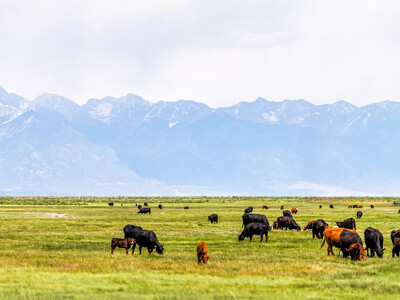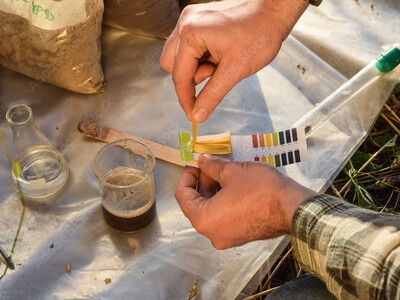Part 1: Reconciliation Bill Capital Gains Changes

Lorrie Boyer
Reporter
“So it's going to become code section 1062, in the Internal Revenue Code. And what that provision does is it actually allows you to spread out any capital gains on farmland over four installments over four years. So Well, what does that mean exactly? If we're not dealing with estate tax, we've decided, hey, we don't want to hold on to all of these assets until the very moment we die. We're maybe thinking about transferring that land a little sooner, and potentially with a sale.”
Wilfert explains that capital gains tax supplies when a farmer sells an asset, such as farmland, with a tax based on the increase in value from when the land was originally purchased.
“Is paid on the difference between the sale price of that land and whatever the owner's tax basis in that property was. For some of our farms who've held farmland for a number of years, that could be fairly significant. That appreciation that's being taxed could be again, a big deal for those farms.”
















